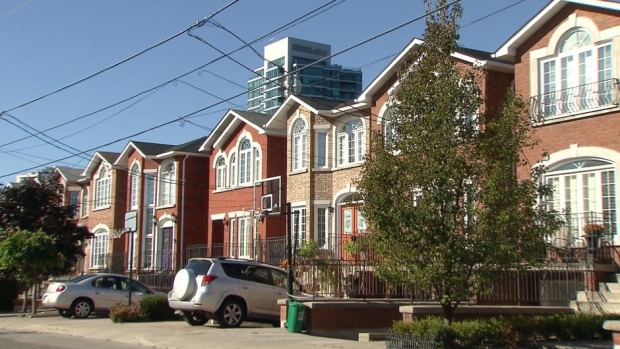German Real Estate Firm Adler Reaches Agreement With Lenders
Creditors to Adler Group SA are set to take control of the company after the embattled landlord struggled to sell assets and repay debts against the backdrop of plunging prices.
Latest Videos
The information you requested is not available at this time, please check back again soon.
Creditors to Adler Group SA are set to take control of the company after the embattled landlord struggled to sell assets and repay debts against the backdrop of plunging prices.
Swire Properties Inc. is seeking $100 million for the penthouse atop a 66-story tower on Brickell Key island, as developers compete over who will smash the record for most expensive condo in Miami.
Blackstone Inc. agreed to sell a student-housing portfolio to KKR & Co. for $1.64 billion.
Czech real estate billionaire Radovan Vitek is doubling his asset-sale target, in a bid to curb debt after a buying spree that made him one of Europe’s largest landlords.
It’s independents, a growing voting bloc, who drive election victories in the swing state, where the GOP is rushing to defuse abortion as an issue.
Apr 13, 2017

CIBC Capital Markets is warning elevated home prices in Vancouver and Toronto could exacerbate Canada’s next recession. In a research note, Chief Economist Avery Shenfeld wrote that elevated housing prices and large mortgages may not be the trigger of a recession, but could prolong an economic downturn when it happens.
“Today’s high house prices do pose a material risk that, when it comes, the next recession would be longer and deeper than otherwise,” Shenfeld wrote.
“Given larger average mortgage principals that have been needed to pay for more expensive housing, the Bank of Canada’s ability to raise rates during the upswing of the cycle will be severely constrained,” he added. “A 2% rise in mortgage rates would be fairly gentle by past tightening cycles, but would raise monthly payments by roughly 25% on a conventional five-year mortgage.”
Shenfeld noted this constraint on hiking interest rates would leave the central bank with precious little in the way of ammunition to stimulate growth.
“It’s going to take a lot less hiking to keep a lid on growth and inflation in the next few years, leaving a lot less room for conventional rate cuts when a recession eventually hits,” he wrote. “Negative rates and [quantitative easing] haven’t proven to be as effective as substitutes. Fiscal stimulus would be available, and tax cuts can get into the economy quickly, but infrastructure spending takes a lot longer to work its magic.”
Shenfeld also warned the situation could further deteriorate if Canadians begin to curb their spending due to the feeling of being house-poor in the wake of a large price correction.
“Add in any wealth effects from a deeper house price correction as potential buyers lose their jobs, and the real risks of today’s steep house price gains will come years down the road, when the next recession hits,” he wrote.
Ultimately, Shenfeld thinks a combination of increased supply of housing stock and prudent central bank action could help Canada head off such a scenario.
“Measures to encourage more construction today, which would help dampen price and rent inflation and lift near-term GDP growth during the building phase, could soften that future blow,” he wrote. “Not waiting too long to begin nudging rates higher would also be an ingredient in the right policy mix.”